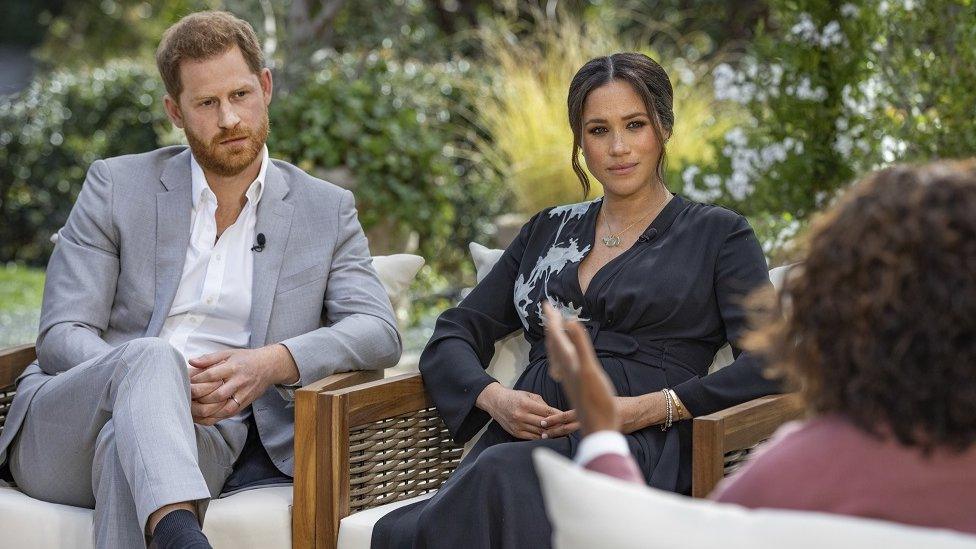Princess Diana: BBC apologises over Martin Bashir interview
- Published
- comments
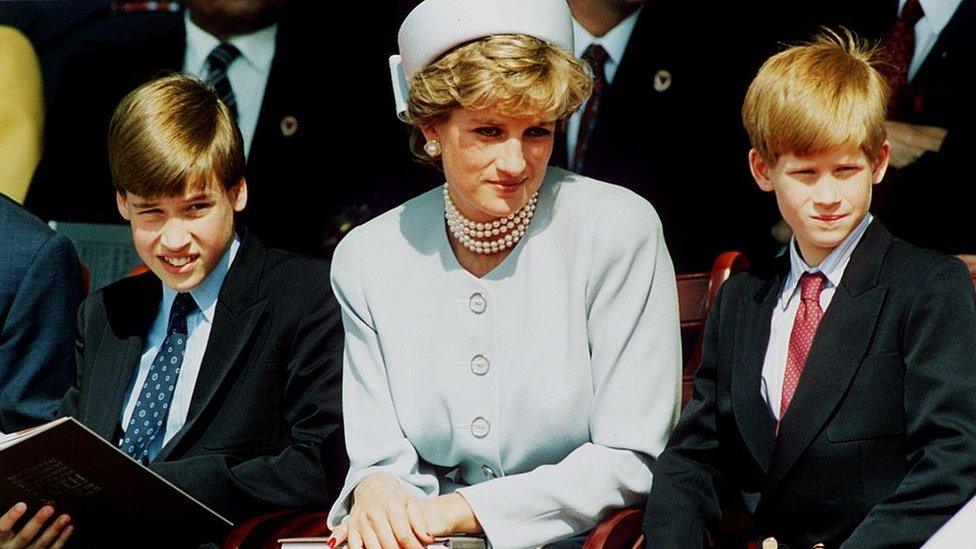
Princess Diana with Prince William (left) and Prince Harry (left)
A new report has been published following an independent inquiry looking into how a world-famous interview with Princess Diana was secured by the BBC in 1995.
Princess Diana - Prince William and Prince Harry's mother- was one of the most famous people in the world at the time.
The inquiry found that former BBC journalist Martin Bashir - who did the interview - acted in a "deceitful" way and faked documents to obtain it.
It also revealed failings in the BBC's own internal investigation in 1996 into what happened.
Both the BBC and Mr Bashir have apologised.
So how big a deal was the interview, what did the inquiry conclude and why are the report's findings significant?
An interview watched around the world
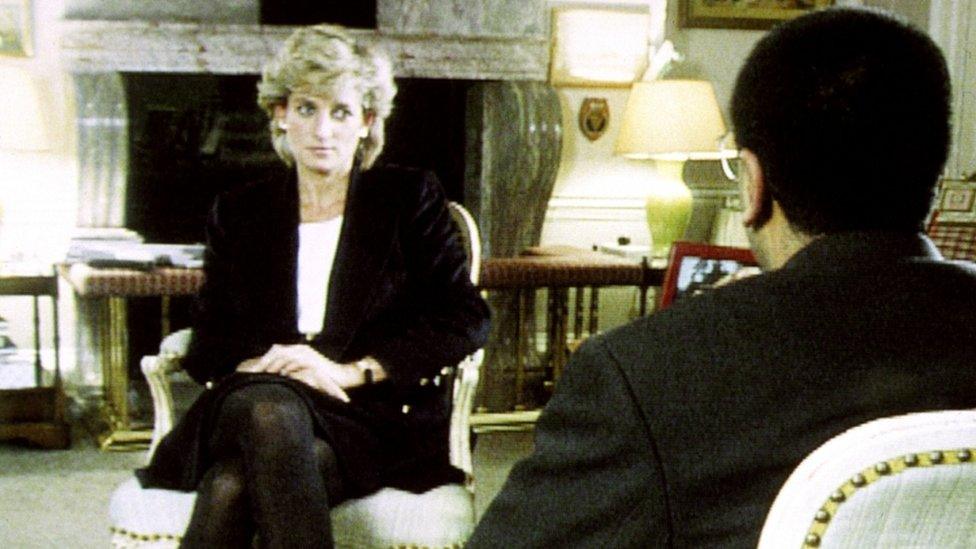
The interview is one of the most famous in British history
This interview with Princess Diana was the first time a serving royal had spoken so openly about life in the Royal Family - viewers saw her speak about her marriage to Prince Charles (William and Harry's father) and her mental health.
It was shown on the news programme, Panorama, and is now one of the most famous interviews in British history. Over 20 million people watched it.
It was a really big deal not just for the BBC, but for the journalist who did it.
Martin Bashir didn't have much experience as a reporter, so it was seen as a massive achievement that he managed to secure the interview with one of the most well-known people on the planet at the time.
However, following its broadcast, there were claims the interview had been secured in an improper manner with Mr Bashir deceiving Diana's brother, Earl Spencer, by showing him fake documents to gain his trust so he would introduce him to Diana.
What happened after the interview was aired?
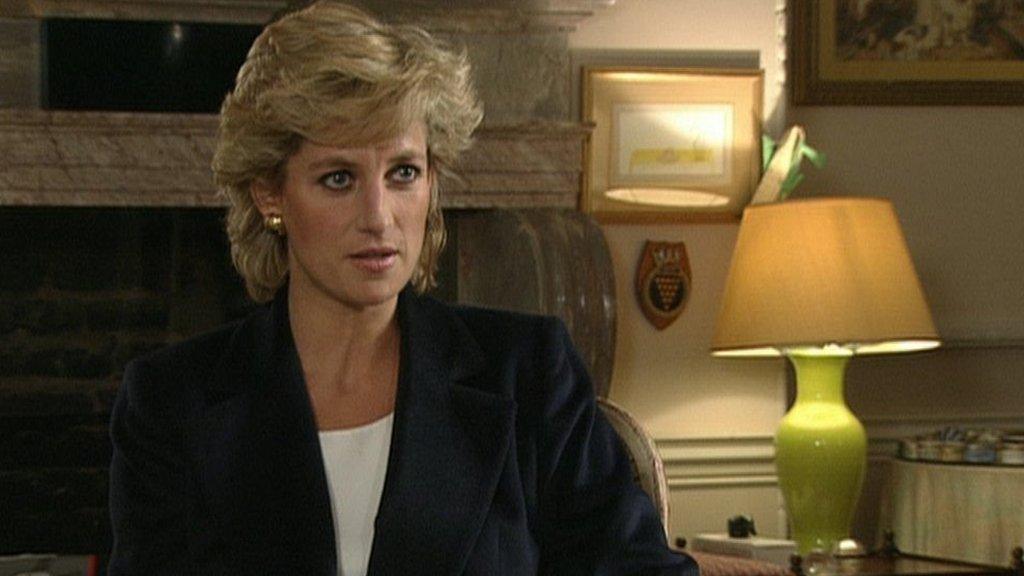
The most recent inquiry found the interview with Princess Diana had been secured through dishonest means
In early 1996, an internal BBC inquiry was carried out and this cleared Martin Bashir, Panorama and BBC News of any wrongdoing.
The initial inquiry was conducted by former head of the BBC, Lord Hall. He was the director of news at the time.
However critics questioned why all the parties involved had been cleared so quickly and whether the truth had been covered up because of how important the interview was and to save the BBC any embarrassment by acknowledging it had been secured in a dishonest way.
What has this new inquiry found?
This new report follows an investigation headed up by former British judge Lord Dyson. The BBC appointed Lord Dyson to lead the investigation into the events surrounding the Diana interview in November 2020.
The judge examined documents and records from the time and he also interviewed a wide range of people involved in the making of the Panorama programme.
The inquiry concluded the BBC covered up the "deceitful" tactics used by journalist Martin Bashir to secure his famous interview with Princess Diana.
Martin Bashir has previously admitted he did have fake documents mocked up by a graphic artist working for the BBC at the time. Although they weren't shown to Diana, they were shown to her brother to try and gain his trust and support for the interview.
Mr Bashir has apologised in a statement for mocking up the fake documents and said "it was a stupid thing to do" and that he deeply regrets it.
He also said he remained "immensely proud" of the interview.
It is saddening that this single issue has been allowed to overshadow the Princess' brave decision to tell her story, to courageously talk through the difficulties she faced, and, to help address the silence and stigma that surrounded mental health issues all those years ago.
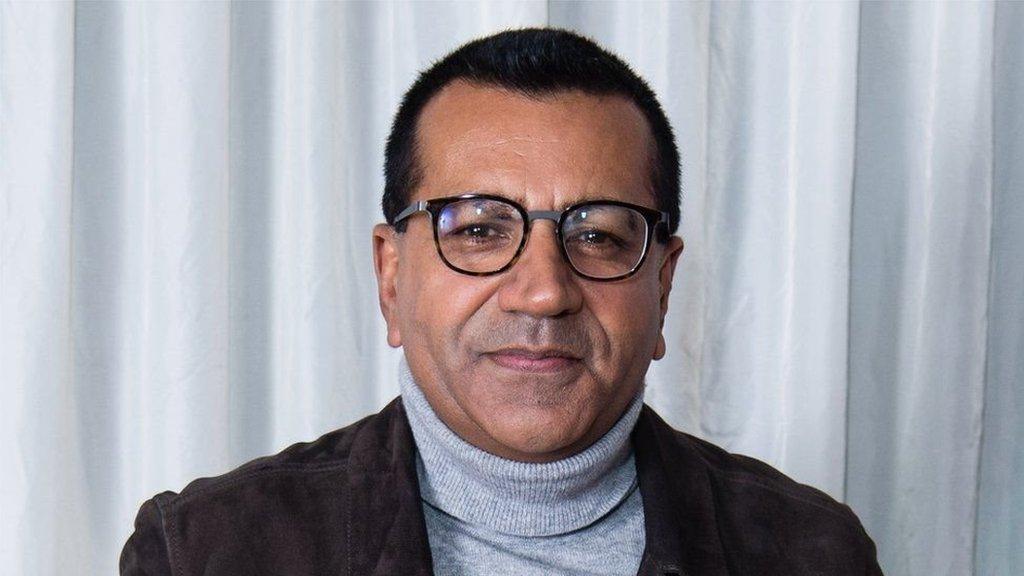
Martin Bashir originally received lots of praise for the rare interview with a much-loved member of the Royal Family
The inquiry also found that the BBC "fell short of the high standards of integrity and transparency which are its hallmark".
The BBC has said the report showed "clear failings".
BBC Director-General, Tim Davie said: "Although the report states that Diana, Princess of Wales, was keen on the idea of an interview with the BBC, it is clear that the process for securing the interview fell far short of what audiences have a right to expect.
"We are very sorry for this. Lord Dyson has identified clear failings."
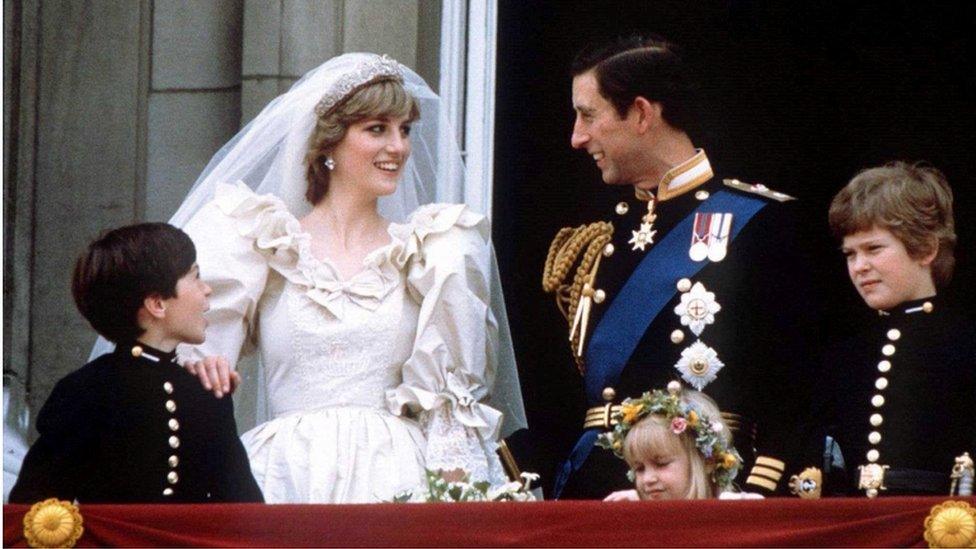
Princess Diana married Prince Charles in 1981
What happens now?
Martin Bashir had worked as the BBC's religion editor and correspondent since 2016. He stepped down from the role last week because of ongoing health issues.
The BBC has written to a number of people, including Prince William, Prince Harry, Prince Charles and Earl Spencer, who were involved in or linked to the events which took place in 1995, to apologise directly.
"We recognise that it has taken far too long to get to the truth," the organisation said.
BBC Chairman, Richard Sharp said: "There were unacceptable failures. We take no comfort from the fact that these are historic. The BBC must uphold the highest possible standards."
The interview won a number of awards. The BBC has now said it will no longer keep them as it does not "believe it is acceptable to retain these awards because of how the interview was obtained".
Amol Rajan, the BBC's media editor, said: "This report will not just injure the BBC, but scar it. And it should be granted that though it shows the historic failures of BBC journalists, it also shows the power and merit of journalism.
It is thanks to determined reporters, not least at the Daily Mail group, that we today have the first full account of the real story behind the most remarkable - and arguably consequential - interview in television history."
- Published8 March 2021
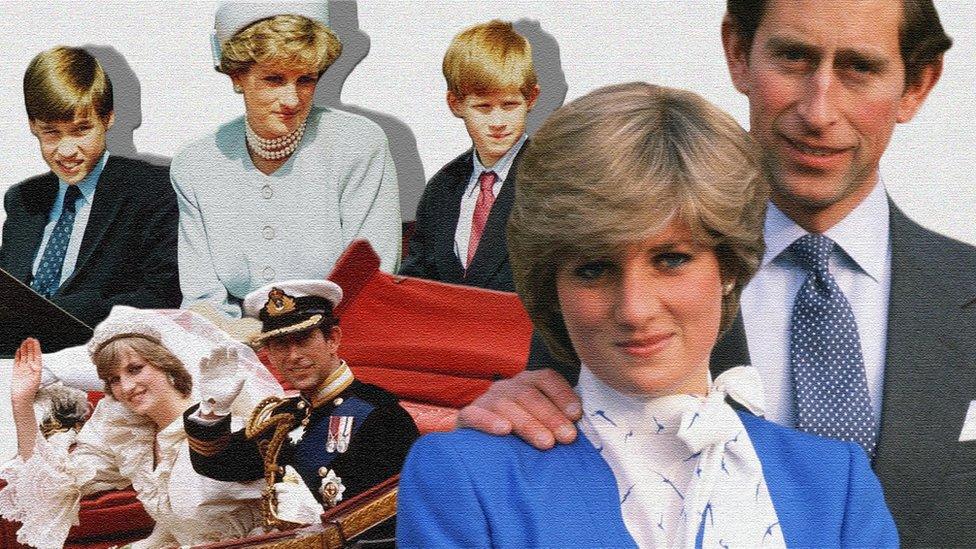
- Published6 May 2021
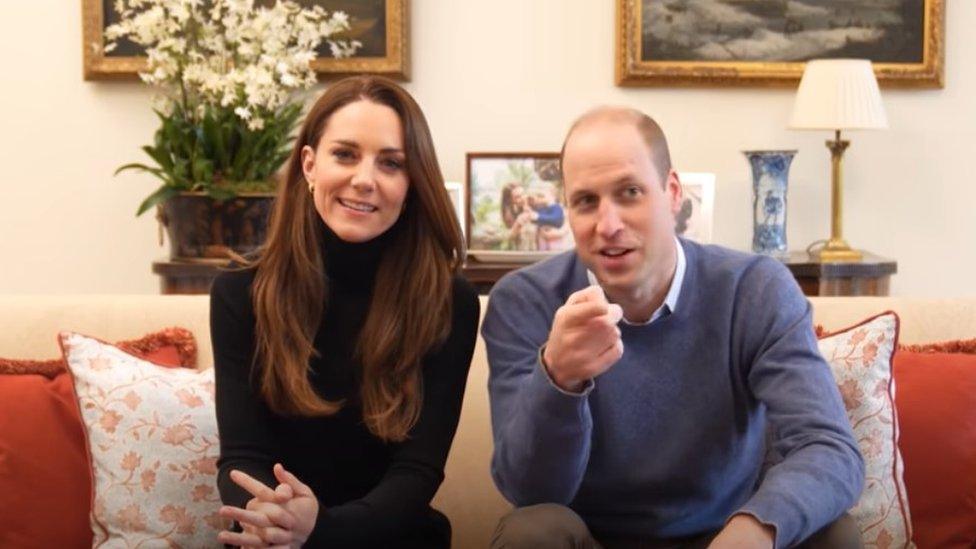
- Published9 March 2021
